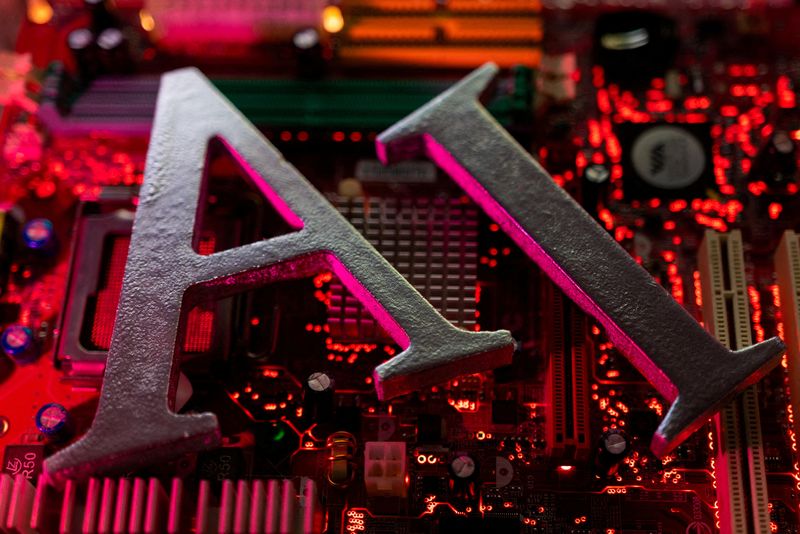By Raphael Satter and Diane Bartz
WASHINGTON (Reuters) - The United States, Britain and more than a dozen other countries on Sunday unveiled what a senior U.S. official described as the first detailed international agreement on how to keep artificial intelligence safe from rogue actors, pushing for companies to create AI systems that are "secure by design."
In a 20-page document unveiled Sunday, the 18 countries agreed that companies designing and using AI need to develop and deploy it in a way that keeps customers and the wider public safe from misuse.
The agreement is non-binding and carries mostly general recommendations such as monitoring AI systems for abuse, protecting data from tampering and vetting software suppliers.
Still, the director of the U.S. Cybersecurity and Infrastructure Security Agency, Jen Easterly, said it was important that so many countries put their names to the idea that AI systems needed to put safety first.
"This is the first time that we have seen an affirmation that these capabilities should not just be about cool features and how quickly we can get them to market or how we can compete to drive down costs," Easterly told Reuters, saying the guidelines represent "an agreement that the most important thing that needs to be done at the design phase is security."
The agreement is the latest in a series of initiatives - few of which carry teeth - by governments around the world to shape the development of AI, whose weight is increasingly being felt in industry and society at large.
In addition to the United States and Britain, the 18 countries that signed on to the new guidelines include Germany, Italy, the Czech Republic, Estonia, Poland, Australia, Chile, Israel, Nigeria and Singapore.
The framework deals with questions of how to keep AI technology from being hijacked by hackers and includes recommendations such as only releasing models after appropriate security testing.
It does not tackle thorny questions around the appropriate uses of AI, or how the data that feeds these models is gathered.
The rise of AI has fed a host of concerns, including the fear that it could be used to disrupt the democratic process, turbocharge fraud, or lead to dramatic job loss, among other harms.
Europe is ahead of the United States on regulations around AI, with lawmakers there drafting AI rules. France, Germany and Italy also recently reached an agreement on how artificial intelligence should be regulated that supports "mandatory self-regulation through codes of conduct" for so-called foundation models of AI, which are designed to produce a broad range of outputs.

The Biden administration has been pressing lawmakers for AI regulation, but a polarized U.S. Congress has made little headway in passing effective regulation.
The White House sought to reduce AI risks to consumers, workers, and minority groups while bolstering national security with a new executive order in October.
